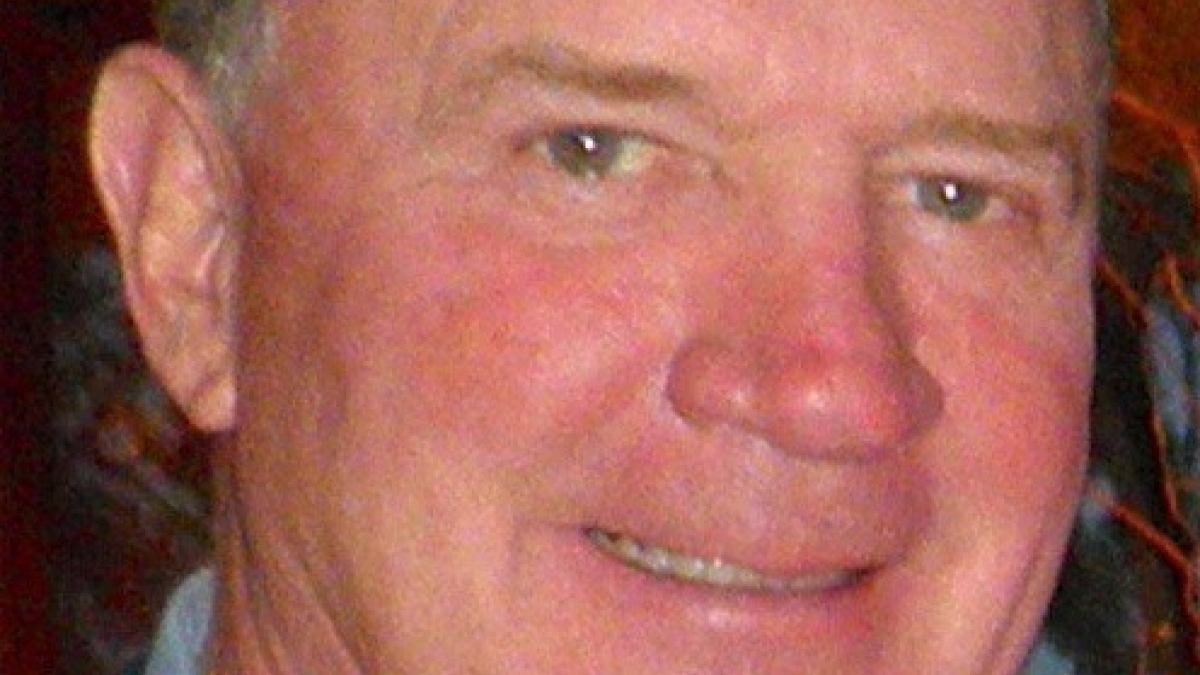Professorship helps ASU lead the way in journalism

In an era of instant communication, where rumors are tweeted and snap-chatted at lightning speed and labeled news, those who care about good reporting can’t help but ask: Is journalism a dying craft?
One ASU supporter who should know believes he has an answer: Journalism isn’t dying. It’s evolving.
“I think even though what some people refer to as ‘the golden age’ of journalism has disappeared, I disagree,” says Louis A. (Chip) Weil III, previous chairman, president and chief executive officer of Central Newspapers, Inc., formally the parent company of The Arizona Republic. “I think the whole idea of having trained journalists in a 24/7 world and having fast and accurate reporting is important.”
Weil stands behind this belief by funding the Weil Family Professorship in Journalism at the Walter Cronkite School of Journalism and Mass Communication.
The professorship is a crucial part of the Cronkite School’s Carnegie-Knight News21 program, which brings together some of the nation’s top journalism students for an in-depth exploration of investigative journalism. Students work under the guidance of previous editors at newspapers such as The Washington Post, Minneapolis Star-Tribune and The Houston Chronicle.
The current Weil Family Professor in Journalism, Leonard Downie Jr., has made it his mission to train future journalists. Downie was executive editor of The Washington Post until 2008. Under his leadership, the News21 project in 2012 discovered that voter fraud in the United States appears to be relatively rare; students uncovered only 10 documented cases since 2000. This finding received national attention and the story was picked up by news stations and papers across the country.
Downie came to ASU from The Post after he received a call from Chris Callahan, founding dean of the Cronkite School.
“Len Downie is a superb individual,” says Weil. “He is a great editor and great teacher. I couldn’t be more pleased to have our name associated with him.
“The Cronkite School has brought excitement to the whole world of journalism,” Weil adds. “Dean Callahan has formed a great team and taken it to full heights. I think it bodes well for the future.”
Caitlin Cruz, now a senior in the combined bachelor’s and master’s program at the Cronkite School, was one of the youngest students selected to work for the News21 program in 2013.
Her focus was in digital and print media, so she was not sure about pursuing investigative journalism. However, she applied to the program because of its reputation for high-quality work and its nationally renowned leaders.
Now executive editor of The State Press – Arizona State University’s independent, student-run media organization – she couldn’t be happier with the decision she made.
After her experience with News21, she approaches not just journalistic writing, but all writing in a different way – with more dedication and devotion.
“You are with people who really value accountability journalism and know that these stories are not just stories of record but stories that make peoples’ lives better,” Cruz says.
Cruz recently spoke of her experience to members of the ASU Foundation’s Women & Philanthropy, a group of women who support some of ASU’s most innovative programs through its annual grant awards. Women & Philanthropy awarded News21 a $17,766 grant last year.
The program made such an impression, Cruz changed her career goals. She now hopes to work as an investigative journalist for an online site, a newspaper or a non-profit. The real-world, hands-on experience she gained at News21 has put her one step closer to that goal, she says.
News21 taught Cruz the importance of working independently and also with a team. “News21 is a life-changing experience,” she says. “You work with not only some of the best student journalists but the best editors in the country. These people have come out of the professional world to work with students because they believe this kind of journalism should be preserved and that they should be training the next generation of young journalists.”
The topic for 2013 focused on the struggles of veterans after they returned home from battle. Downie picked the topic because he was interested in the country’s ability to handle their return in terms of health care and employment.
“I didn’t know how deep the problems went and how serious the health issues were, including health issues that I didn’t even think about,” says Downie. “I knew about PTSD, which we explored deeply, but I didn’t know hearing loss was second to PTSD as a disability health issue.”
Downie is appreciative of Weil’s support.
“Chip is just such a good friend of the school,” says Downie. “I’m really so pleased that he helped provide this opportunity and how many students it serves every year. It’s just very impressive, and I thank him for doing that.”
The former Post executive editor says students gain invaluable experience and are able to show employers the high-caliber work they produce with News21.
“It is a tremendous experience for the journalists involved because they are working at a very high pitch with great pressure, and that prepares them for their professional work in the future,” says Downie. “They are able to show future employers that they work at a professional level, not only by being able to show what they did on their own website, but their stories have appeared in The Washington Post and The Philadelphia Inquirer and on NBCNews.com and lots of other websites around the country.”
Cruz says having Downie read and review her copy was nerve-wracking but definitely rewarding. “He’s there to make you better,” says the student. “So you sit there and listen to his notes and then you’re like ‘Oh, I didn’t even think of that’ or ‘that’s perfect.’ It’s an incredible learning experience.”